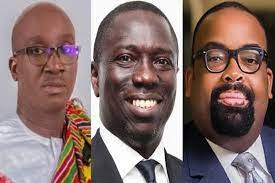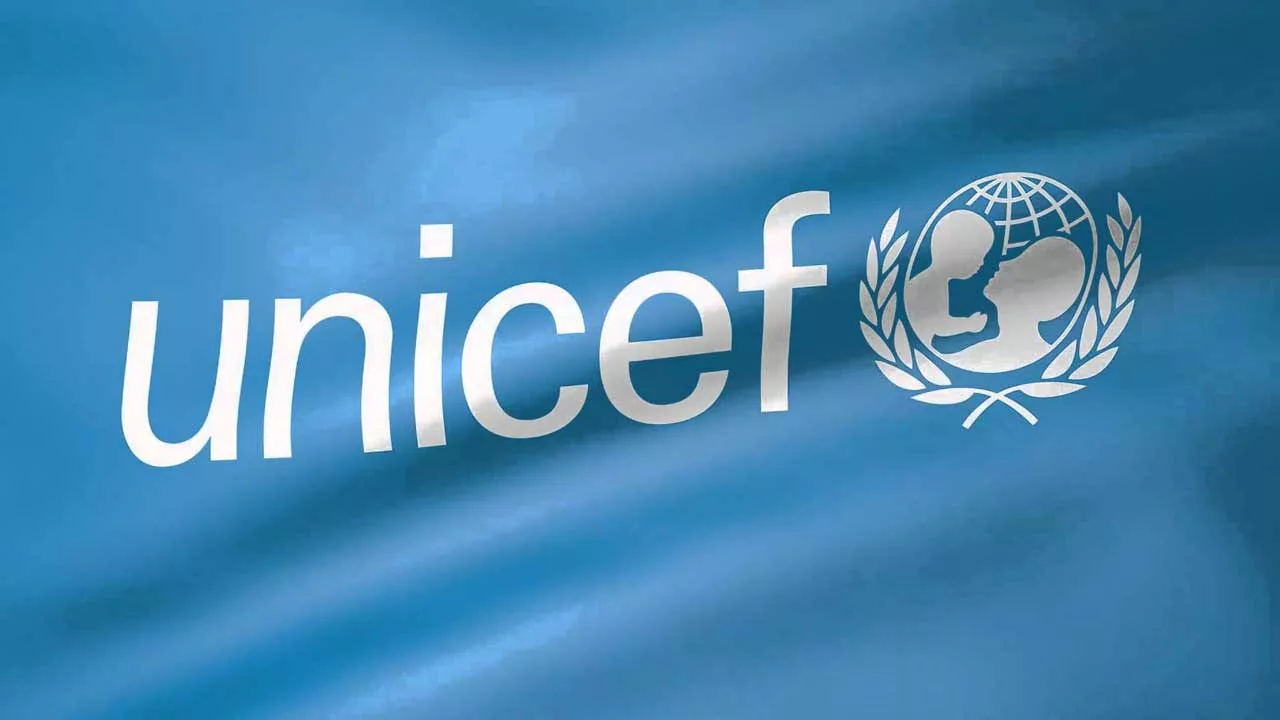A foundation, Blacks Ancestral Native Communities (BANC) has asked governments of the African continent to adopt youth empowerment as a way to check the menace of irregular migration among young Africans
Speaking at the anti-irregular migration summit tagged: “Japa Conundrum”, the Founder and CEO of BANC Foundation, Dr. Chibuzor Ephraim Onyeama, lamented that despite tragedies faced by young Africans during dangerous migration journeys, a significant number of youths continue to embark on perilous migration routes.
He said the current efforts by the African governments aimed at discouraging this dangerous journey are inadequate, calling for better alternatives for the young Africans
Dr Chubuzor further called on countries with high rates of irregular migration to establish safer and more transparent regular migration pathways to protect individuals from exploitation, human trafficking, modern slavery, and, in extreme cases, death.
On the summit, the founder said it was put together to speak to the issues and proffer solutions that will effectively curb the menace.
Dr. Onyema further stressed the need for African governments to address pressing issues like poverty, unemployment, insecurity, political instability, and poor educational quality – challenges that push citizens to seek opportunities abroad.
He also described irregular migration as a “profound human tragedy” and highlighted the dangers many face, including exploitation, organ trafficking, and fatal journeys across the Sahara desert and the Mediterranean Sea.
“Community leaders, religious institutions, and civil society organizations play a critical role in addressing irregular migration,” Onyeama said.
“They should actively promote regular migration pathways and collaborate with governments on youth empowerment programs.”
He added that countries that are popular destinations for migrants must create safer, more transparent regular migration pathways to reduce reliance on dangerous, irregular routes often controlled by traffickers and criminal networks.
Onyeama stressed that stronger international collaboration is essential to combat human trafficking syndicates and protect vulnerable migrants.
Dr. Onyema at the summit unveiled BANC Foundation’s initiative: STARCARE, meant to curb irregular migration. This initiative focuses on Sensitisation, Training, Advocacy, Rehabilitation, Campaigns, Advisory, Reintegration, and Empowerment to provide viable alternatives for potential migrants.
“We must prevent our youth from embarking on these perilous journeys that risk their lives,” Onyeama stressed.
“Migration, when pursued through legal channels, can unlock opportunities, but irregular routes often close doors permanently.”
On his part, BANC Foundation Chairman, Sani Bako, noted that while the causes of irregular migration differ from country to country, corruption remains a common underlying factor across Africa.
He emphasised the importance of collective action in addressing this pressing issue.
“This marks a significant milestone in our efforts to address one of the most pressing issues of our time: irregular migration. It has negative consequences for both the sending and receiving countries, as well as the individuals involved,” Bako said.
He called on all stakeholders, including embassies, governments, NGOs, and international organisations, to collaborate actively to combat irregular migration and its wide-ranging consequences.
BANC is committed to strengthening border control, implementing effective asylum systems, and addressing the root causes of migration while promoting regular migration channels and skills development programs.
“Our mission is grounded in compassion, justice, and solidarity. We recognize the courage and resilience of migrants, and we are committed to amplifying their voices,” Bako added.
“Through research, advocacy, and community engagement, BANC will work tirelessly to prevent human trafficking, support migrant integration, and promote international cooperation.”
.png)
 2 hours ago
4
2 hours ago
4









 English (US) ·
English (US) ·